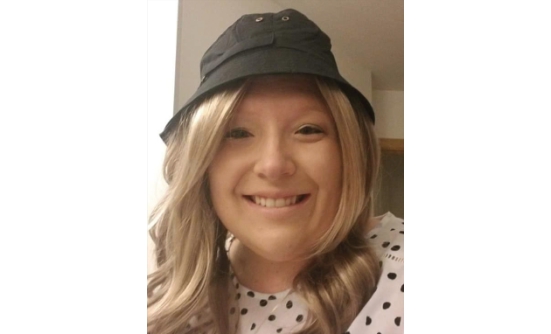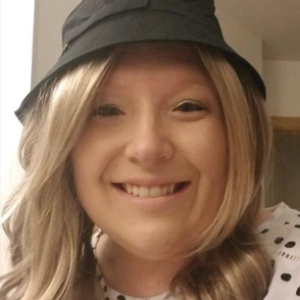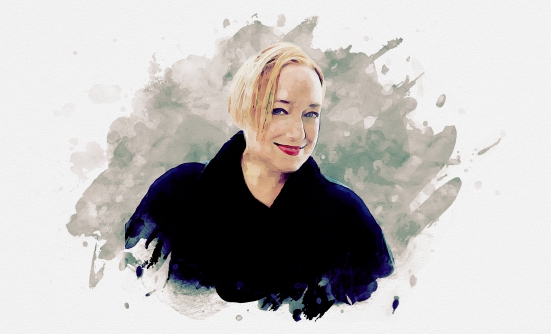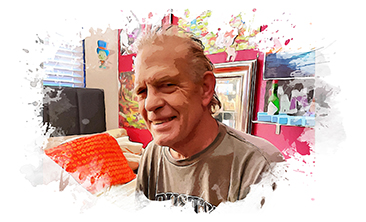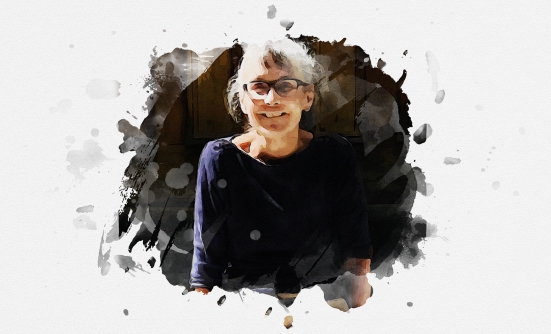At 30, I thought I had been a pretty “good girl.” We’re taught in our culture to go to our annual exams for a breast exam, Pap smear, and see our gynecologist. We’re coached to be full of poise, grace, and bravery. We’re asked when we’re getting married, buying a house, and having children, because all of this is “the norm for a woman.”
Diagnosed Under 40
Yet, when we—young women under 40—are diagnosed with advanced breast cancer, there is still a strange norm to treat us in the same way as older women with breast cancer.
It blew my mind, when, in June 2018, I was diagnosed at age 30 with 5 lumps, aggressive grade 3, estrogen-positive, breast cancer, which was initially misdiagnosed as stage III, and 1.5 years later was corrected to de novo stage IV (metastatic) breast cancer, meaning that it was metastatic when it was first diagnosed, based on review of previous tests.
My treatment plan was very similar to what was done 10 years earlier. A double mastectomy and removal of 16 lymph nodes was the standard of care, even at age 30, with no consideration of my life goals or stage in life. When I began to have menopause as a result of the treatment, my second oncologist was baffled that my “girly parts” were dry, and sex was very painful. I was told to ask my gynecologist about this, not my oncologist. And this was at a top-rated academic medical center in Chicago!
Breast cancer culture for young women with advanced disease is extremely challenging, and experts are still trying to understand why the numbers are increasing in our (premenopausal) age-group. With this puzzle comes a mix of inconsistent standards for how to help younger warriors with advanced breast cancer.
Lack of Resources
I found myself without much help concerning the topics of sex, life planning, mental health, anxiety, side effects, and overall dealing with stage IV cancer. This lack of resources upset me, because I was asking my medical team about these topics.
So, I switched my care teams, advocated for myself, joined online support groups, conducted my own research, and sought advice from other medical professionals.
These actions made me feel that the culture for young women diagnosed with breast cancer as a whole is fairly empty. We have to search far and wide to find what our options are; the way I see it, our culture as a whole is not proactive, but reactive. That needs to change—for patients with cancer, for medical resources, for everybody.
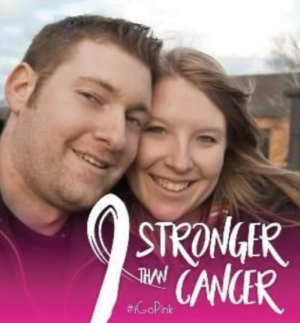
The Right to Be a Mom
One topic that needs to be voiced much louder for us with resources as young metastatic breast cancer warriors is infertility, and how to have a family. As a young woman, before I got cancer, my husband and I were trying to have kids. Every woman has a right to be a mom, and as patients with advanced breast cancer, many of us are robbed of that chance.
It broke me when I realized that I would never carry a child, and when I repeated these words to my husband, mother, and family, it stabbed me repeatedly.
We looked into and spent several thousands of dollars on surrogacy, before finding out just how messy and stressful that process is. We researched adoption agencies, applied, and were rejected by several agencies, because, they said that “stage IV breast cancer is fatal and unsafe for a future child.”
Why is the process so complicated to create or adopt life for those of us with stage IV cancer? We deserve the same chances as everyone else, even though stage IV has a “death notice” attached to it. For us, we haven’t given up hope, and our hearts still yearn for that child.
Every young metastatic breast cancer warrior deserves resources for the fight she faces, because the culture around it is outdated. Young women deserve a culture of better resources for breast cancer that is adapted to the patient’s appropriate age, addressing topics of sex, mental health, survivorship, life planning, infertility, support groups, and so much more.
Changing the Culture
But the biggest missing piece from our broader culture for young women is detection. Young women do not have a reliable method of protection from breast cancer. What are our suggested options? Monthly self-exams, annual appointments with our gynecologist as part of our exam, and an occasional breast ultrasound or mammogram if a nasty cyst was found.
The future for our young women is non-existent for catching breast cancer early. I was lucky to find a lump 2 months before being diagnosed, which I believe was the reason it was caught before it spread to other places besides my bones.
Now, 4 years into the breast cancer culture for patients with stage IV cancer, I am very distraught. Our daughters, mothers, grandmothers, sisters, aunts, cousins, and others need more. Modern medicine is moving forward with research and clinical trials, with hope for a cure.
How can we continue to change the culture for young women with metastatic breast cancer? The answer is advocacy, research, sharing our stories, and continuing to fight to change the culture around breast cancer for younger women with advanced disease.
What do we need more of? People willing to share their voices loud and proud across various channels and platforms.
How long will it take? As long as it takes to cure breast cancer, and then some, because cultural change is always behind the resolution to do so.
I will continue to give my life for the fight with all my heart and soul—until my last breath.





